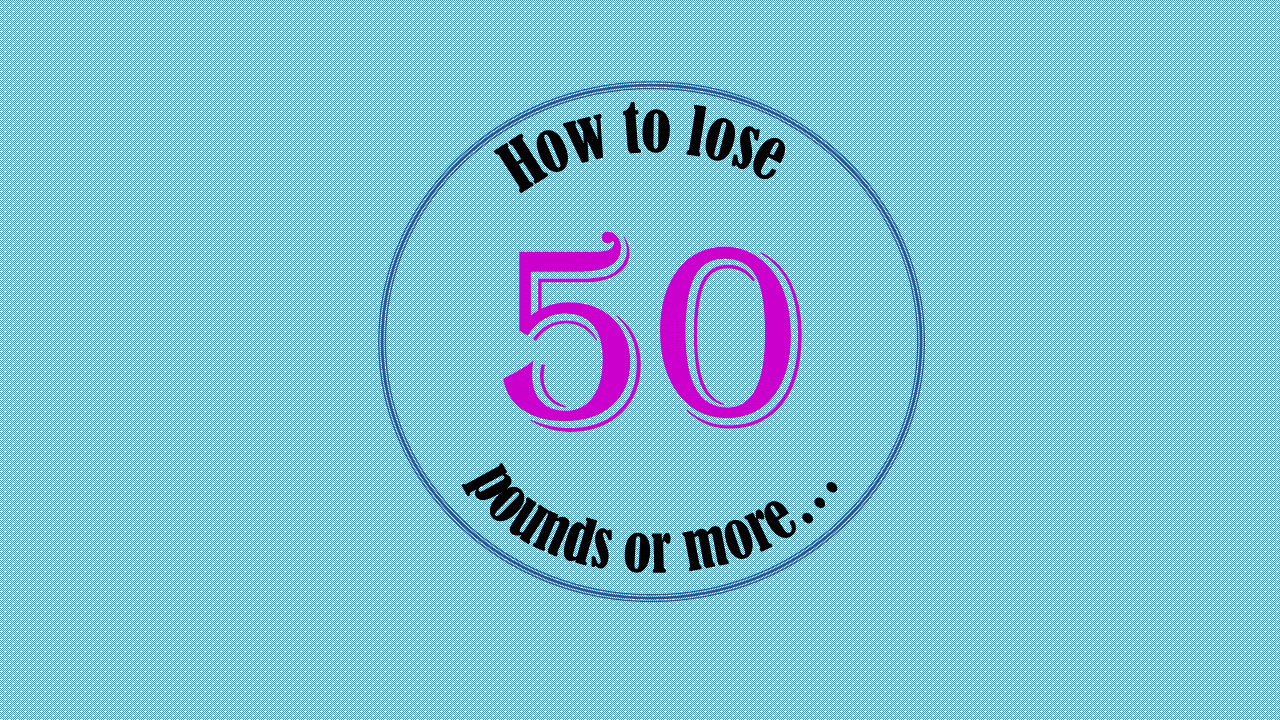Weight loss is a tough process.
I won’t sugar coat it.
Change – that is any type of change including weight loss – is uncomfortable.
But if the change is positive, pushing through the discomfort will strengthen every aspect of your being.
I know for a fact having personally gone through divorce, starting a business, and working with clients who’ve lost a lot of weight, making positive changes on purpose makes you more resilient, energized, and present in your life.
So, if you’ve got a lot to lose, and you’re ready to get it done, here’s how I recommend tackling it:
1. Have a strong reason WHY
As I mentioned, weight loss isn’t easy.
But if you’ve got a reason that means a lot to you, that even brings a tear to your eye, that WHY will help keep you going through the most difficult moments.
So, write down your WHY. Post your WHY on the fridge. Use your WHY as a mantra.
Keep it in the front of your mind at all times.
2. Don’t be afraid to be hungry
Hunger scares a lot of us.
But hunger itself isn’t a reason to panic, it’s not an emergency.
The body is supposed to feel hungry, and that hunger should be our signal to eat.
That’s how we evolved.
But we don’t tend to rely on our hunger anymore.
Instead most of us eat out of habit, out of emotion, or out of obligation.
Those reasons can no longer apply here, not when weight loss is needed.
And not surprisingly, when you begin to let yourself feel hunger, that’s where discomfort begins to show up and many of us give up.
But instead of seeing this discomfort of hunger as a negative, expect it. Welcome it as an opportunity to get stronger.
Then eat.
3. Focus on diet before exercise
Exercise is important, but in the process of losing a lot of weight, diet and nutrition should be the first step .
And when looking at what foods to eat, it’s time to be tough.
If the body is holding on to significant excess fat, chances are that blood insulin levels are on the high side.
So, to help the body let go of fat, insulin needs to be kept low.
That means consuming primarily whole foods, especially healthy fats, lean protein, and all types of vegetables.
That also means that processed foods and drinks, in particular anything with added sugar or flour, should be completely cut.
This is where you get another opportunity to challenge yourself with discomfort.
And it won’t be discomfort of the body so much as the mind.
And that’s why the next component of weight loss is probably the most crucial.
4. Deal with emotions head on
If you’ve been using food for comfort, it’s because feelings are showing up that you don’t necessarily want to feel.
And focusing on food has been a way to avoid feeling those feelings.
But now that you’re decided to only eat when hungry, and not take in sugar or flour, you’re going to need to be willing to forego the short-term pleasure of food for long-term health and happiness.
That means actually feeling those feelings you’ve been avoiding.
Everything inside you will want to resist doing this, but you signed up for discomfort, so this is the time to embrace it.
You’ll learn more about yourself when you’re sitting with your feelings during a cookie craving, that you will in reading all the books in the world.
Because when you sit with your feelings, you’ll learn the unconscious thoughts that have led to those feelings, and how they relate to the results you’ve been getting.
Doing this work – and it is work – builds the muscle in your mind.
The more you sit with discomfort and get curious, the stronger your mind will get.
And then one day, when you’ve been practicing daily, feeling your feelings and noticing your thoughts, you’ll realize that you haven’t been using food to get through your day.
Food will no longer take up so much space in your life, and you’ll have time and energy for more meaningful things.
5. Get Support
There’s definitely strength in numbers.
So, it’s helpful that you find people who are ready to support your commitment to lose weight.
These special people can be family, friends, colleagues, a support group, or a coach. Just be sure to ask them exactly what you need from them. Is it encouragement, accountability, or emotional support?
And as important as this support from others is, ultimately the most support and encouragement needs to come from you.
You need to be your own biggest cheerleader. You need to pick yourself up when you fall. And you need to keep the forward momentum going by fueling yourself with messages that inspire and motivate you.
As Joel Olsteen writes:
When nobody else celebrates you, learn to celebrate yourself. When nobody else compliments you, then compliment yourself. It’s not up to other people to keep you encouraged.
It’s up to you.
Encouragement should come from the inside.
So in this blog, I boiled the process of losing significant weight down to just a few words.
But of course there’s a whole lot more detail behind them.
So, if you want to go a little deeper, here are a few other blogs I’ve written which may help:
How to get it done even when you don’t feel like it
Food: Energy or enemy?
Overeating and your thinking
How to stop eating sugar forever
Once upon a time there was a donut and a chicken breast
Are you a food addict?
Do you have a lot of weight to lose? Or have you lost a significant amount of weight? Please share your story below in the comments, it may just help someone else who’s going through a similar challenge.
Keep moving forward my friend,
Debbie
P.S. If you’ve read this blog, and are ready and willing to do the work, I’m here to coach you through it. Check out my 6-week one-on-one coaching program to get you on track.
Then contact me to schedule for a free mini-session to find out more about it.


